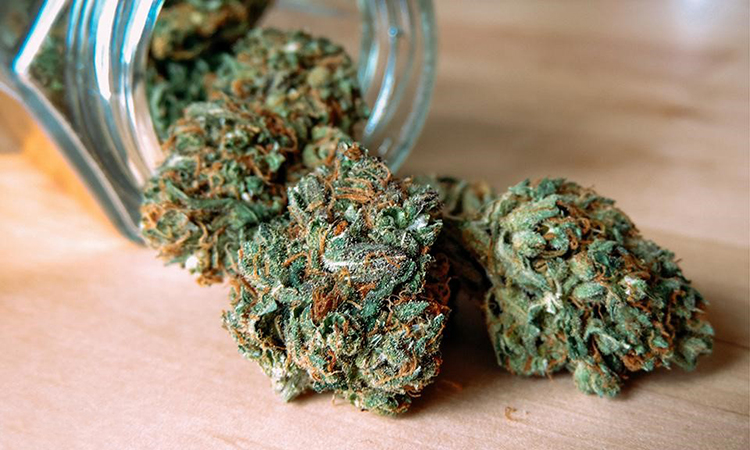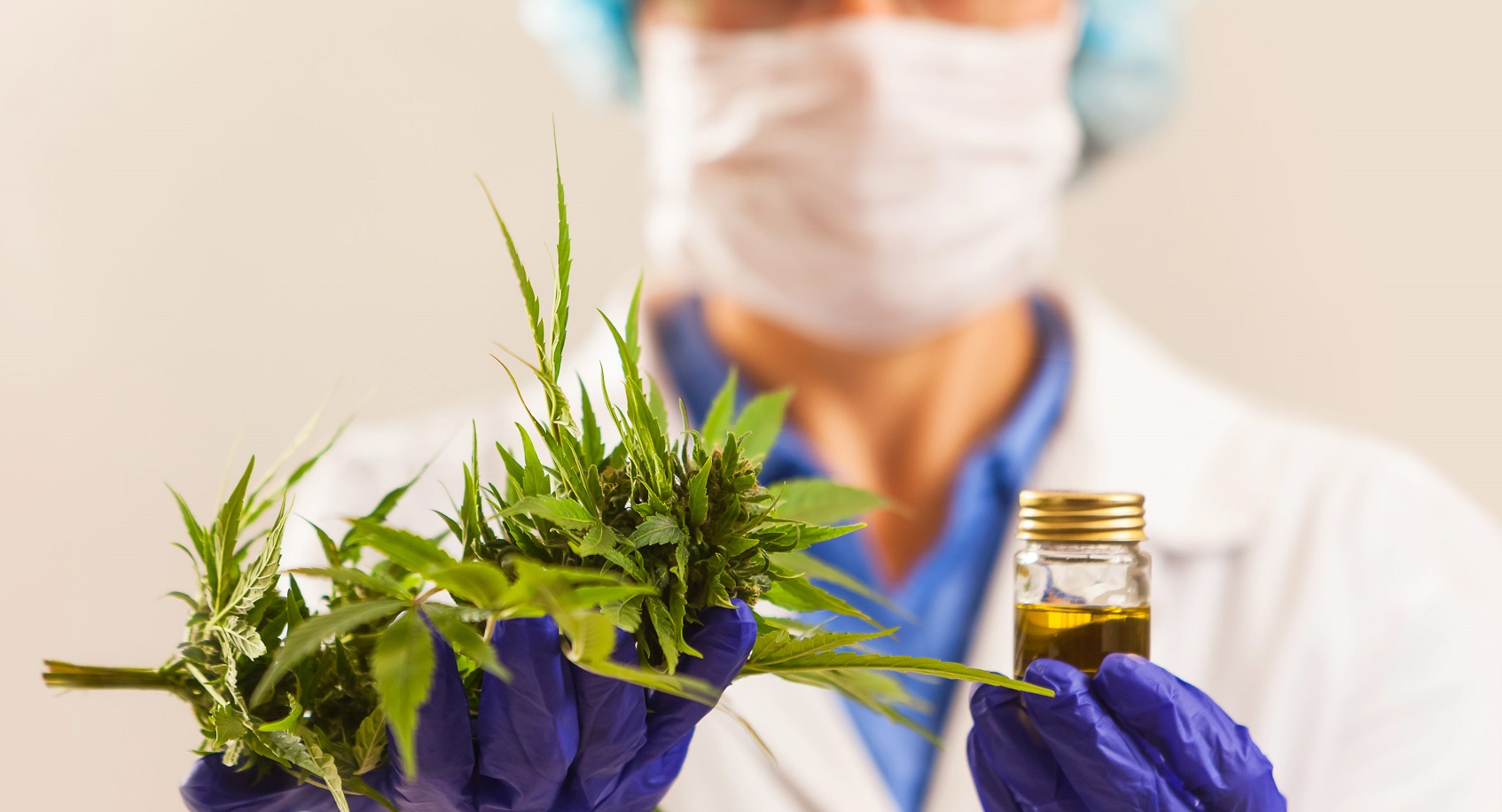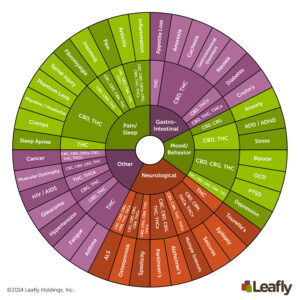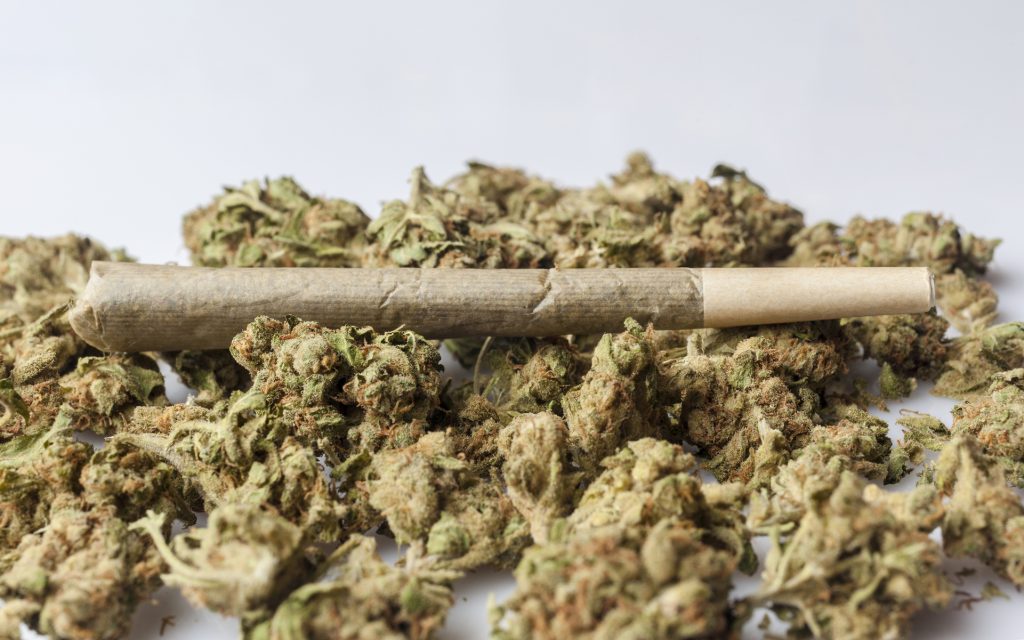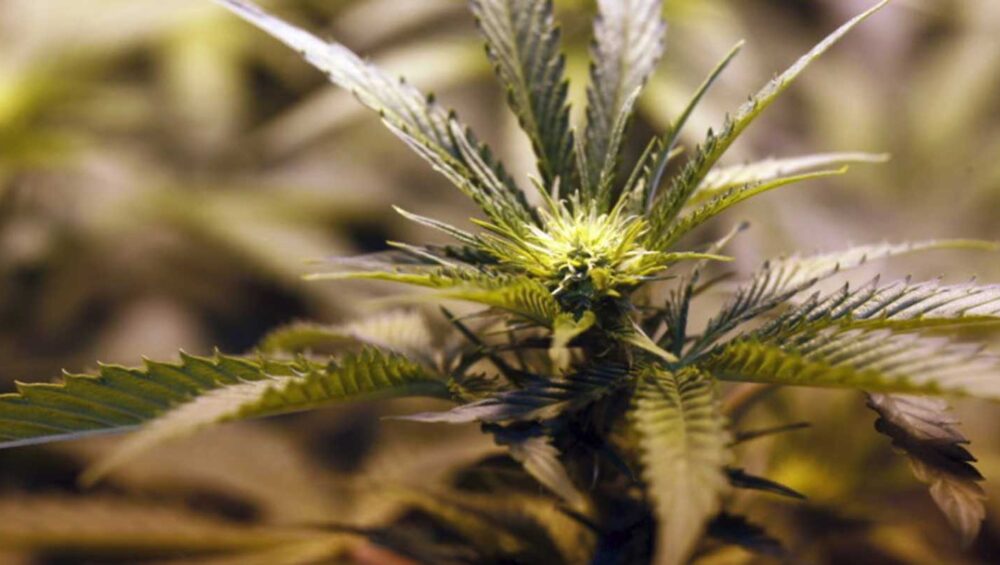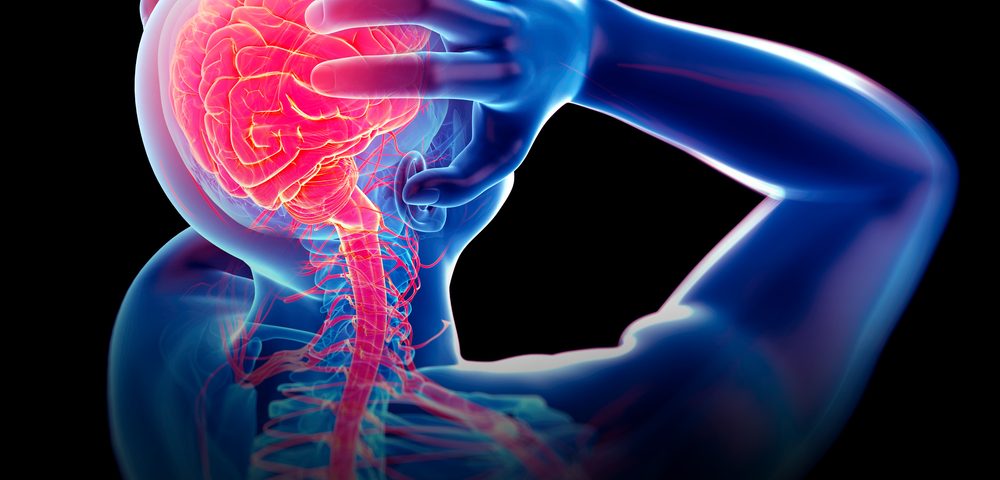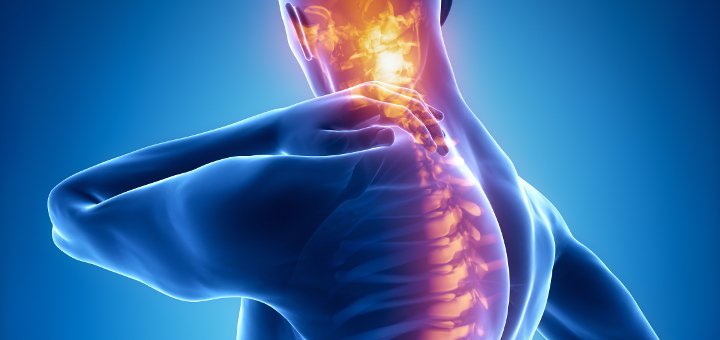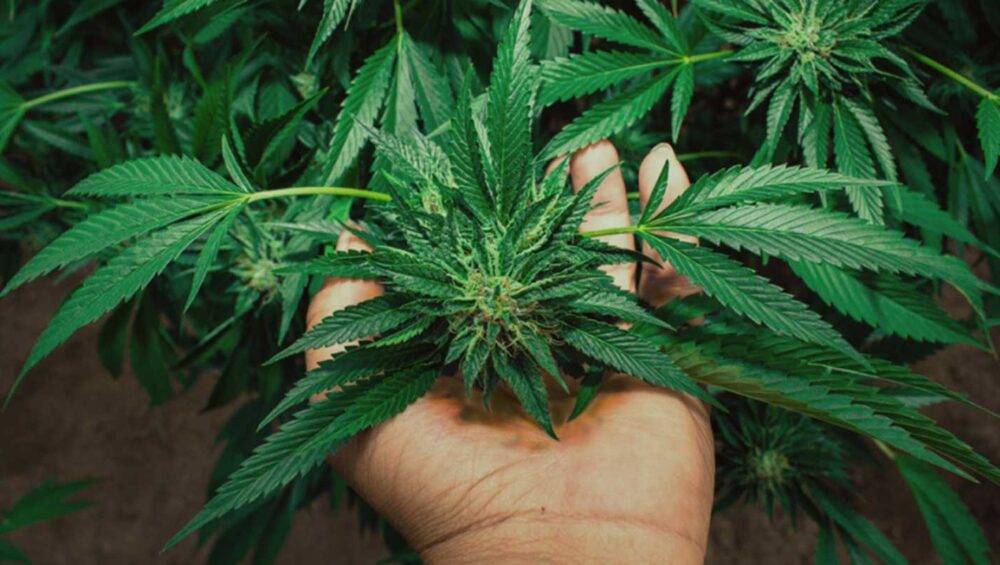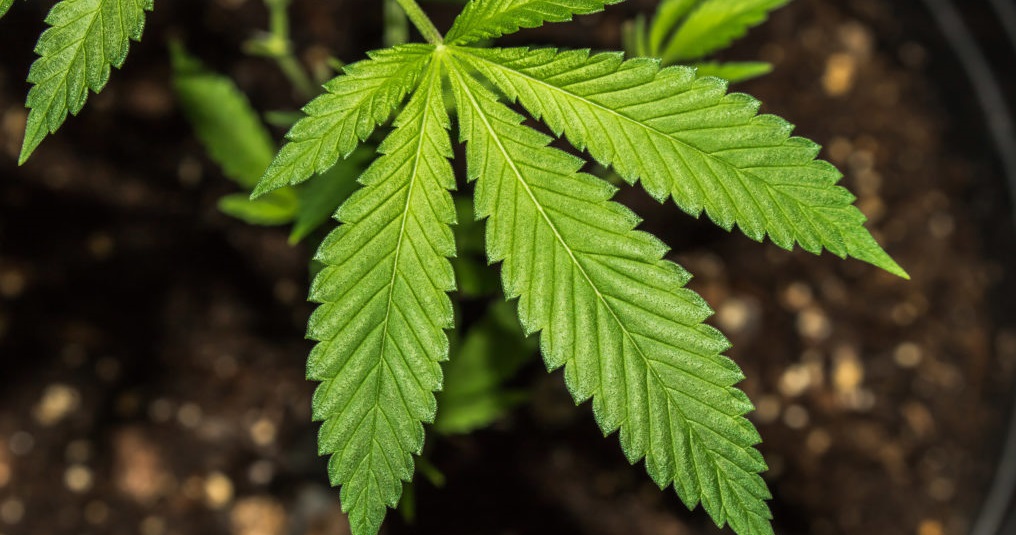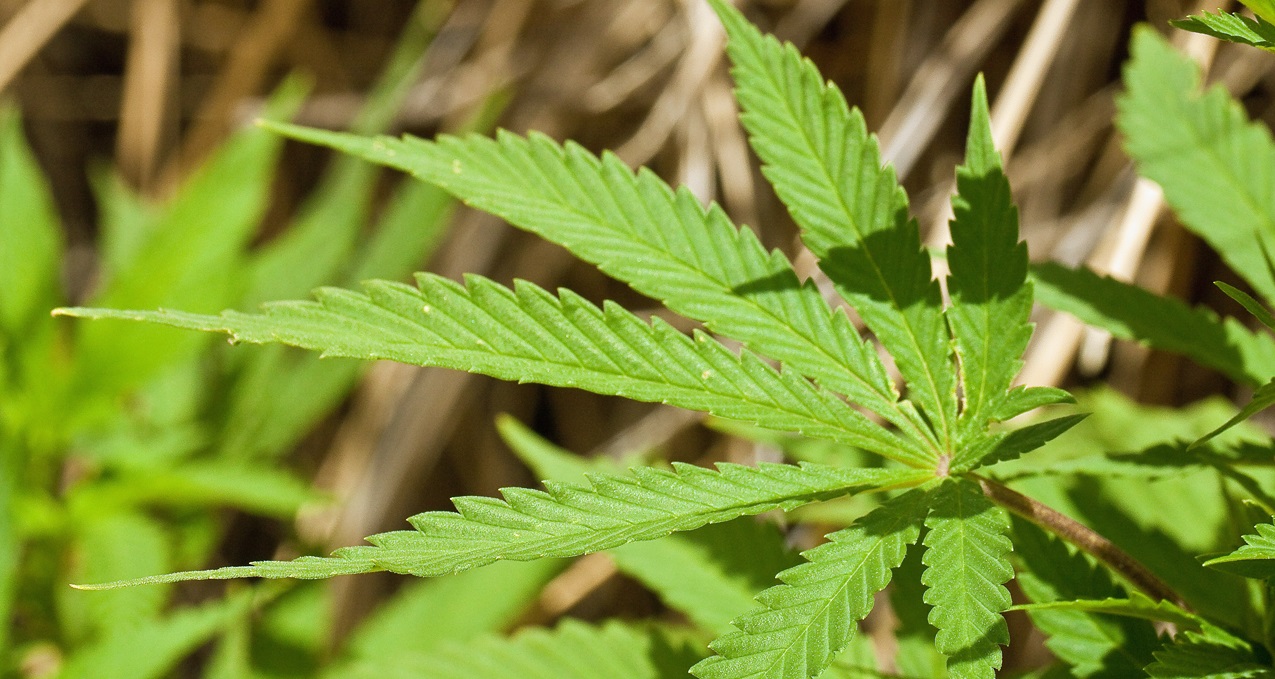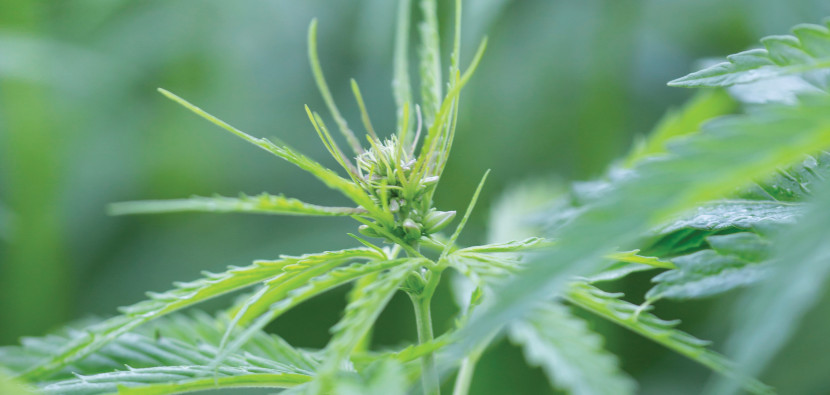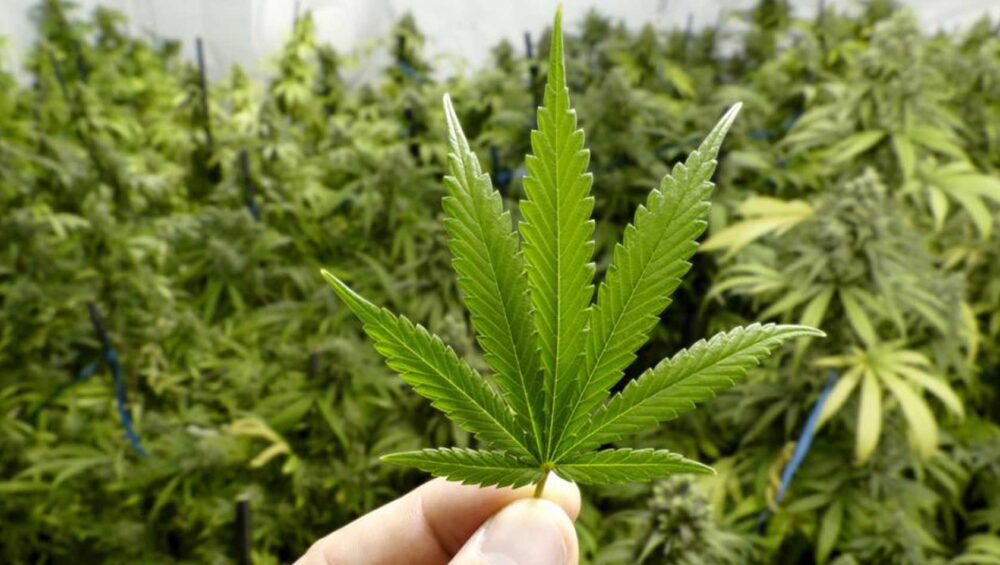Much like its psychoactive cousin, CBD communicates with the endocannabinoid system. More specifically, the CB1 and CB2 receptors found throughout the brain and throughout the Central Nervous System and the CB2 receptors are found in large concentrations in the immune system
CBD is available in a number of forms including isolates, oils (tinctures, vape pens, distillates), edibles and, of course, in pre-rolls or as regular flower. Each form of cannabidiol has its own benefits, but overall there are 7 reasons to choose CBD as part of a healthy lifestyle.
CBD Can Relieve Anxiety
Anxiety is one of the major uses for CBD, especially among female users who often suffer a greater amount of anxiety than their male counterparts. So, why does CBD work so well?
When you introduce CBD to the endocannabinoid system, it increases the amounts of cannabinoids available in your body by altering enzymes to stop the removal of excess anandamide (the bodies natural endocannabinoid) to allow for more of the “bliss” molecule throughout the body to improve mood. CBD also reduces blood flow to certain areas of the brain, such as the hypothalamus which is specifically linked with anxiety. The lessened activity in this part of the brain can help to quiet symptoms of anxiety.
Due to the popularity of CBD as a self-treatment for anxiety, several studies have been conducted to determine its efficacy. A 2015 study done by the National Institute on Drug Abuse found that CBD can reduce general anxiety and social anxiety levels. Another 2015 study backed this up noting that CBD is effective in reducing anxiety associated with general anxiety disorder, social anxiety disorder, PTSD and panic disorder.
A more recent 2017 research review looked at the effects of CBD specifically on panic disorders and found that it exhibits anti-panic properties. In addition the study concluded that CBD is not only non-psychoactive, but is safe and well-tolerated orally as well as not inducing dependance.
CBD Helps With Pain & Inflammation
Another extremely popular use for CBD is for chronic pain and inflammation, as with conditions such as fibromyalgia and arthritis. CBD is especially growing in popularity among seniors who value its pain relieving properties. In fact, in states where marijuana is legalized for recreational use, individuals aged 50 and above now make up 36% of registered patients.
There have been a number of studies and anecdotal evidence to corroborate the benefits of CBD for pain relief. In fact, it goes as far back as the 1800s when the first cannabis pain studies were conducted! One way in which CBD is able to manage pain and inflammation is by acting on the CB2 receptor, which is found in immune cells. CBD is able to act on these receptors in order to block or reduce pain signals and lessen inflammation in the cells. The anti-inflammatory properties are also partly due to CBD’s inhibition of adenosine reuptake. Adenosine is a neurotransmitter that plays a significant role in cardiovascular function, blood flow and myocardial oxygen consumption. By delaying the reuptake of this neurotransmitter, CBD boosts the levels of adenosine within the brain which results in a broad anti-inflammatory effect throughout the body.
CBD Reduces Cancer
The relationship between cannabis and cancer has been a long debate as to whether cannabis merely helps manage cancer symptoms or can actually reduce cancer cells. While there is still copious amounts of research to be done, the available studies and research do show positive correlations between cannabis use and reducing cancer, as well as managing symptoms.
Given the number of different types of cancer, it is not a one-size-fits-all treatment, but there has been some promising studies:
- A 2005 study focusing on glioma cells demonstrated CBD’s ability to limit tumor invasion
- A 2006 in vitro study reviewed the effects of CBD finding it able to induce apoptosis in breast cancer cells, which was followed up by a 2011 study of similar findings
- A 2007 study followed showing that CBD can reduce aggressive breast cancer cells
- A 2010 study concentrated on bladder cancer cells, finding that the abundance of these cells progressively decreased with increasing concentrations of CBD
- A 2011 study looked at CBD and prostate cancer cells finding that CBD can inhibit cell growth
Several other studies found similar results of CBD being able to inhibit the growth of cancer cells or induce apoptosis for leukemia, lung cancer as well as dozens of anecdotal accounts and supporting evidence.
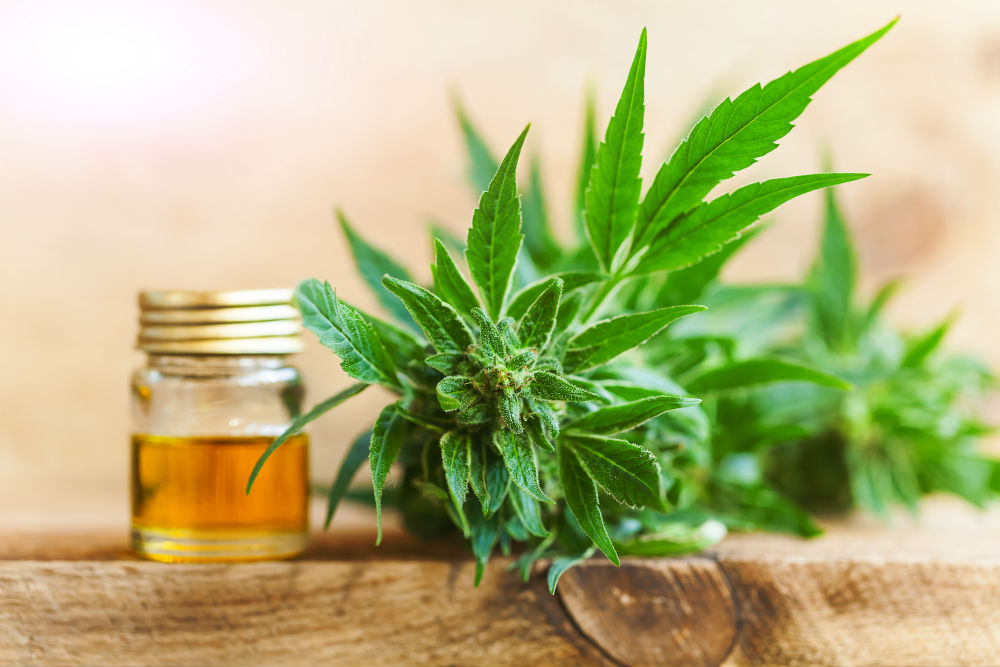
CBD Manages Depression
According to the World Health Organization, depression is the most common disability worldwide. While the benefits of CBD and depression are still being explored, it has shown effective antidepressant qualities in several animal studies.
The research done so far shows that CBD influences the 5-HT1A receptor, which is responsible for releasing serotonin. Serotonin is a neurotransmitter that contributes to individuals feelings of happiness and well-being. A decreased amount of this neurotransmitter is often linked to depression and anxiety disorders. CBD is an effective treatment as the influence of this cannabinoid causes this receptor to fire more effectively, thereby increasing serotonin production and stabilizing its presence throughout the body.
CBD Manages Seizure Disorders
CBD has been very well tested for epilepsy relief going back to the 1970s. In fact, the clinical use of CBD has advanced the most when it comes to seizure disorders.
More recently, a 2016 study gave patients 0.9-2.3 grams of CBD oil per pound of body weight with astounding results that caused a median reduction in seizures of 36.5%. Another study in 2017 furthered this research when looking at CBD and Dravet Syndrome. The study revealed a median decrease in seizures per month from 12.4 to 5.9 with the use of CBD.
In fact, Charlotte’s Web a CBD strain, was so named after a girl named “Charlotte” whose seizures were almost entirely reduced thanks to the powerful anti-seizure properties.
CBD Improves Cardiovascular Health
An all-around beneficial compound, CBD does not stop at pain and mental disorders. In fact, CBD is proven to have a positive effect on cardiovascular health as well as mental health.
High blood pressure is linked to a number of conditions and health risks including stroke, heart attack and metabolic syndromes. CBD has been found to actually lower blood pressure, while also reducing the bodies response to tests designed to spike blood sugar levels.
CBD also contains powerful antioxidant and anti-anxiety properties, further reducing risk factors linked to heart disease by reducing harmful oxidative stress.
CBD Has Neuroprotective Properties
One of the more incredible aspects of CBD are the neuroprotective properties it displays in reference to many debilitating conditions such as Alzheimer’s Disease and Dementia.
Recent research has associated Alzheimer’s and dementia to an increase in amyloid proteins, causing these proteins to lump together and form plaques that disrupt cell function in the brain. This is believed to be the number one underlying cause for Alzheimer’s, but it is unclear whether it is a genetic factor or environmental or a combination of both. CBD is not only able to help reduce the build-up of these amyloid proteins, but it can also reduce inflammation in the brain that can result in cognitive difficulties.
A 2004 study found that when cells were exposed to these amyloids, the cell survival rate decreased significantly. However, when the cells were then treated with CBD, the cell survival increased significantly, providing a positive correlation between CBD and neurological health.

Got A Light?
These 7 reasons to choose CBD are just some of the benefits that this potent plant has to offer. Why not see for yourself by trying our quality pre-rolls, which we have available in both ACDC and Charlotte’s Web – two potent CBD strains!






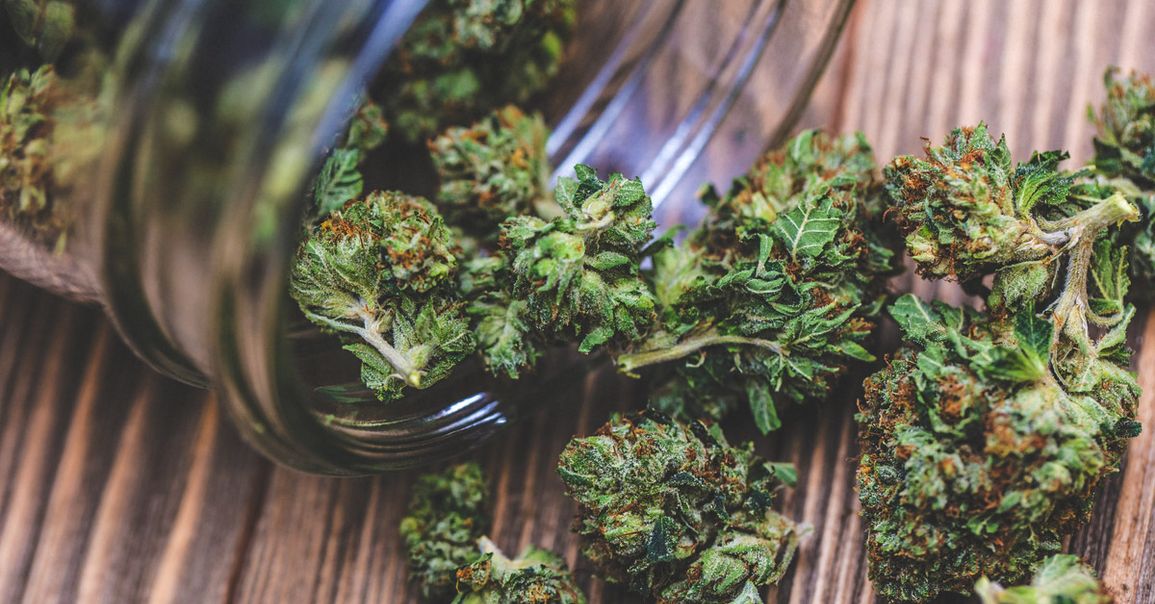
 Once you have chosen a strain best suited to your preferences, the next tip is to use this bud efficiently! One particularly good suggestion for smoking efficiently and making your cannabis last longer, is to wait a while before you smoke more. If you have had a couple tokes and are already feeling a nice buzz coming on, it may be a good idea to snuff out your joint or resist immediately packing another bowl. Instead, try to enjoy your buzz for the next half hour and then decide whether you’re high enough, or have achieved pain relief, before using the rest. It is easy to mindlessly toke on a pre-roll, but pausing now and again can really help make it last.
Once you have chosen a strain best suited to your preferences, the next tip is to use this bud efficiently! One particularly good suggestion for smoking efficiently and making your cannabis last longer, is to wait a while before you smoke more. If you have had a couple tokes and are already feeling a nice buzz coming on, it may be a good idea to snuff out your joint or resist immediately packing another bowl. Instead, try to enjoy your buzz for the next half hour and then decide whether you’re high enough, or have achieved pain relief, before using the rest. It is easy to mindlessly toke on a pre-roll, but pausing now and again can really help make it last.



